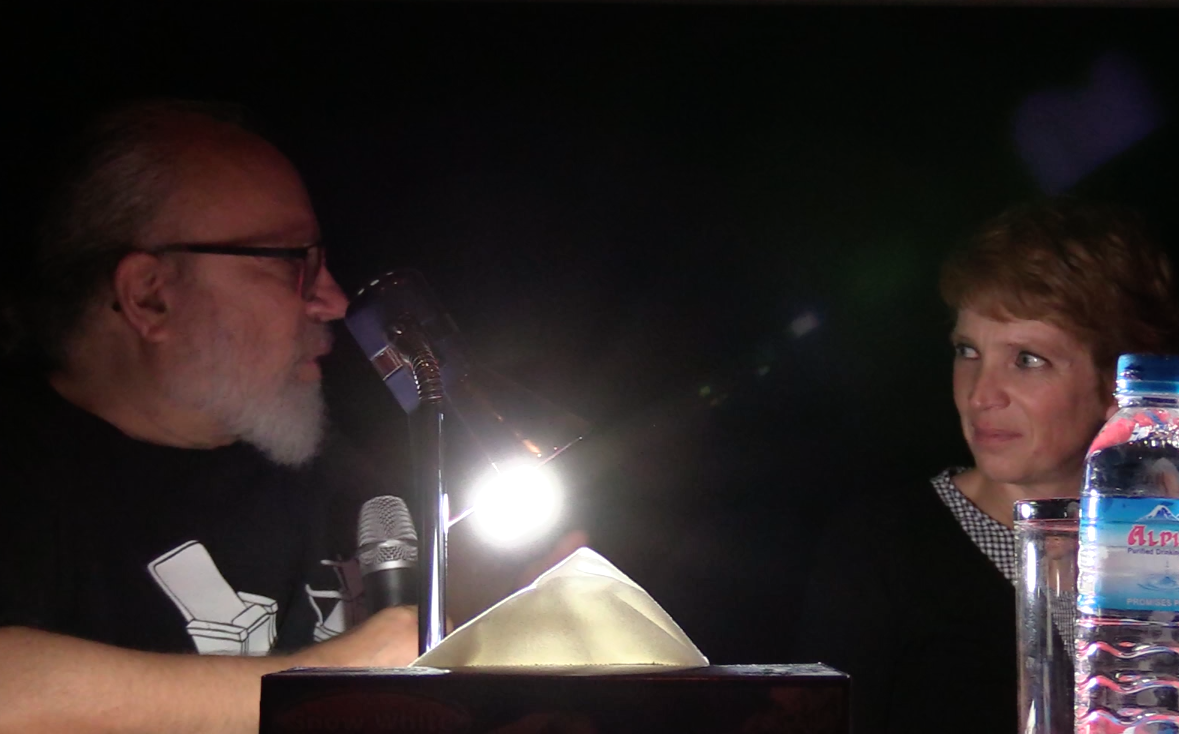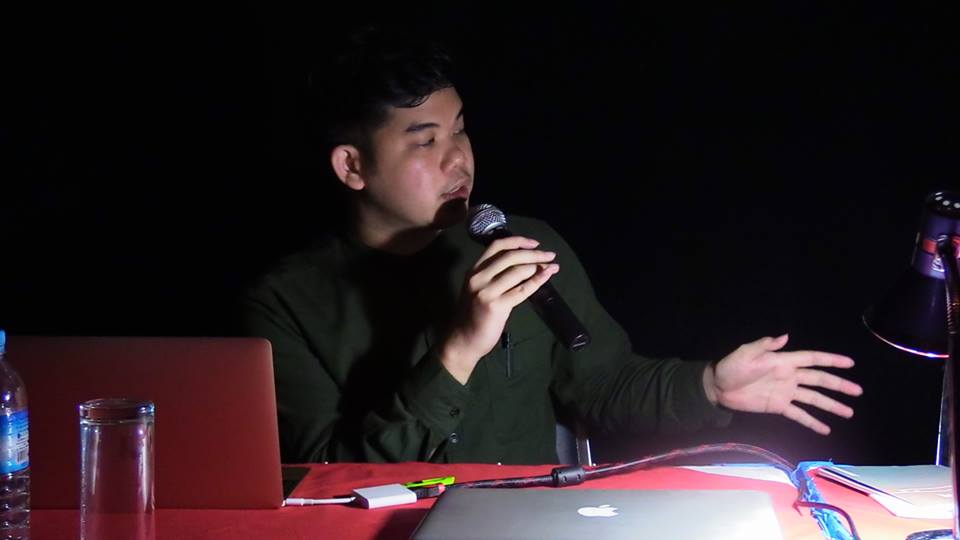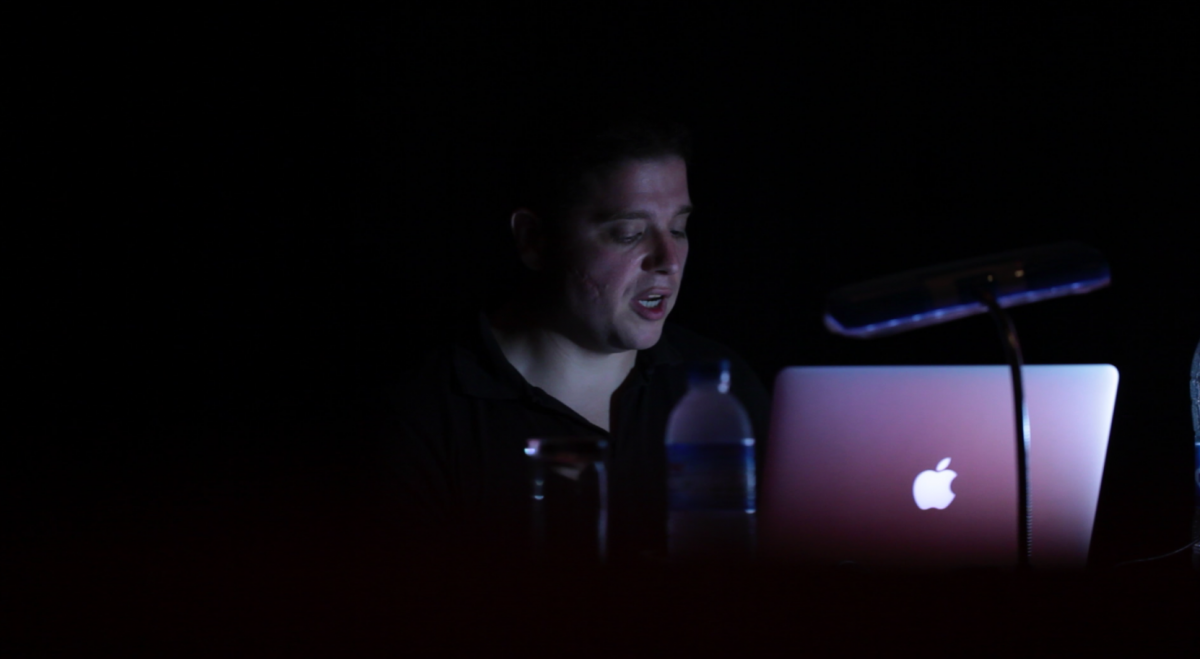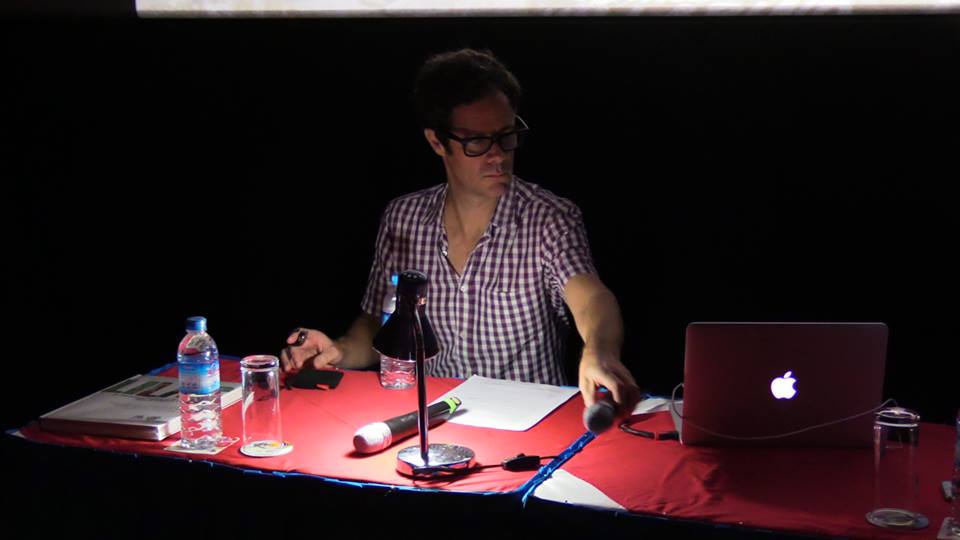Speaker: Prof. Suresh Chabria. Professor of Film Appreciation (FTII) & Former Director of National Film Archives of India (India).
Cinema and memory have a close relationship. This is because cinema is both representational or realist and a popular and mass medium. Films therefore cannot but tell us something about the history of the society in which they are produced. As the renowned historian and philosopher Marc Ferro wrote, “We need to study film and see it in relation to the world that produces it. What is our hypothesis? That film, image or not of reality, document or fiction, true story or pure invention, is history.”
This talk will focus on Indian popular cinema which, by capturing the imagination of perhaps the world’s largest film audiences, not only gave it a sense of a common identity, but also created a storehouse of shared historical narratives and collective memories. Whether the film was a ‘historical’, biopic or pure fiction, it told us something about the nation’s zeitgeist and offered a constructed history that overlaps and sometimes contradicts textbook versions and the work of academic historians. Popular ingredients like melodrama and songs and dance sequences recount not only the tensions and conflicts of Indian society but also its joys and deeper yearnings.
The talk will be illustrated with excerpts from classics like Pyaasa, Mother India, Mughal-e-Azam, Shaheed, Gandhi and Bombay.
Date: Wednesday, November 9th








